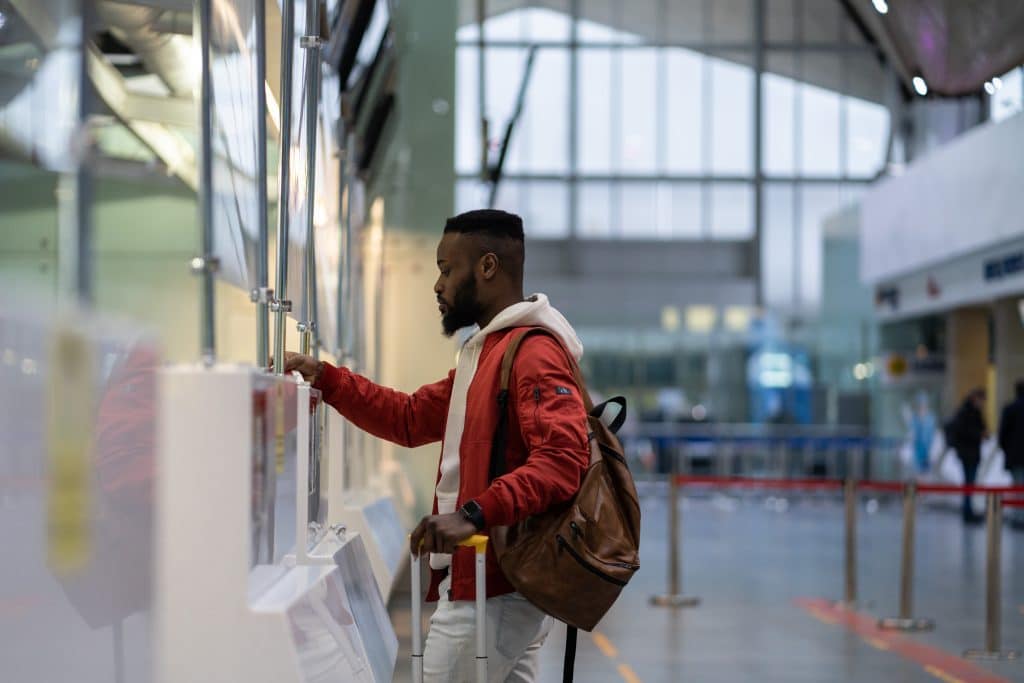Acceptance of digital ID cards for travel spotty but there are innovation standouts
Digital IDs are the goal for many governments around the world but getting biometric ID cards in the hands of citizens still is challenge enough.
Three reports, from the United States, Vietnam and eastern Europe show universally held secure official IDs remain terra incognita for advanced and developing economies alike. A fourth shows government innovation when it comes to biometric ID cards.
In the United States, where the government began plans for better identification cards immediately after 9/11, the federal government has run out of ideas for getting every adult to voluntarily carry the Real ID.
The program has postponed deadlines multiple times for states issuing and citizens carrying a Real ID driver’s license or ID card. The latest deadline is May 23, 2023. After that date, adults will not be able to fly within the United States without the new card.
Compliant identification cards carry a distinctive five-pointed star. That means a card carries a standard set of biographic and biometric data (face photo), making it easier for authorities to spot a fake. It also means that the identity of the bearer has been vetted by both state and federal governments.
The New York Times has a more-detailed breakdown of the program’s history.
Some states and citizens’ groups had opposed the new card for a wide variety of reasons many having to do with it being a federal idea, some focused on practical concerns like data security. All 50 are on board now.
Citizens are a different story.
According to a survey paid for by the U.S. Travel Association, 39 percent of U.S. citizens were unaware that they will need a Real ID-compliant document or passport to fly next spring.
Vietnam, with an authoritarian government, is just piloting a procedure that would let people check in for a flight using a chipped ID card. Historically, dictatorial governments are quick to implement programs that harvest personal information.
According to Hanoi Times, local air carriers and the Civil Aviation Authority of Vietnam have agreed to run a test in April that allows passengers using a chipped ID to avoid manual check-in by getting their face scanned by a biometric system, and having their card automatically read.
Meanwhile, western Balkan nations are trying to do away with the need for visas and passports when their citizens move within the region.
According to Radio Tirana International, people should be able to travel with only their ID card next year. By yearend, necessary systems should be “functional.”
Then there is the temporary hayya card in Qatar, the site of the FIFA World Cup opening in a matter of days. Hayya has many meanings in Arabic including face and appearance.
The government of the oil-rich Persian Gulf nation created the digital ID and physical document to make it as easy as possible at this point to get hundreds of thousands of football fans into and then out of Qatar.
What differs here from other biometric cards (this one uses facial recognition) is that is will only be an accepted ID from now through December 23.
A hayya card will allow people to enter Qatar and the stadiums (along with tickets). It also will enable free Metro and bus access.







